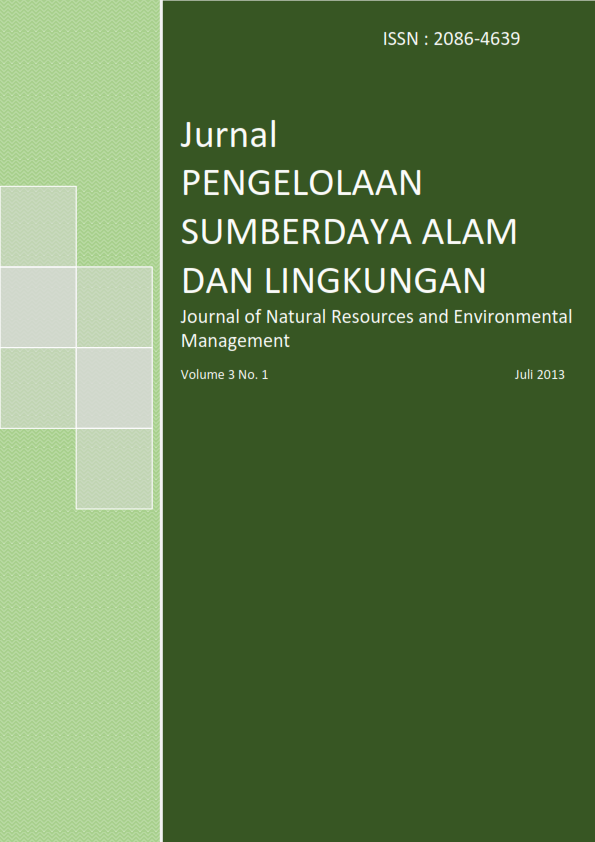KARAKTERISTIK PERTUMBUHAN JARAK PAGAR (Jatropha curcas L.) YANG DITAMBAHKAN CENDAWAN ENDOFIT PADA LAHAN PASCA TAMBANG TIMAH
Abstract
Tin mining activity caused canging in physical and chemical characteristic of the soil that were not suitable for growth of plants. The objective of this experiment was to study accessions of Jatropha curcas planted on post tin mining land which were given endophyte. This research was conducted in a Sinar Baru village TS 133, district of Bangka, Bangka Belitung province for field research conducted in May 2007 to April 2008. The experimentas a factorial experiment in the design of the randomized complete block design with three replications. The main plot is 7 accessions consisting of: accession Madiun, Ponorogo, Jember, Dompu, Lampung, Bengkulu, andSukabumi, while the subplot of the land without giving endophyte fungal (control) and the provision of endophyte fungal in baglog 250 g. Each experimental unit contained four plants per plot.The result showed that vegetative growth the highest for the former tin mining land given endophyte fungal vary in some accessions. Accession to the highest Sukabumi: plant height, branch number, plant dry weight, dry weight of the shoot, and root dry weight, the largest diameter have Jember accession, accession Dompu had the highest canopy diameter, and the accession of Lampung has the lowest ratio of shoot roots.
Keywords: Jatropha curcas, accession, fungal endophyteAuthors
Authors who publish with this journal agree to the following terms:
- Authors retain copyright and grant the journal right of first publication with the work simultaneously licensed under a Creative Commons Attribution License that allows others to share the work with an acknowledgement of the work's authorship and initial publication in this journal.
- Authors are able to enter into separate, additional contractual arrangements for the non-exclusive distribution of the journal's published version of the work (e.g., post it to an institutional repository or publish it in a book), with an acknowledgement of its initial publication in this journal.
- Authors are permitted and encouraged to post their work online (e.g., in institutional repositories or on their website) prior to and during the submission process, as it can lead to productive exchanges, as well as earlier and greater citation of published work (See The Effect of Open Access).






